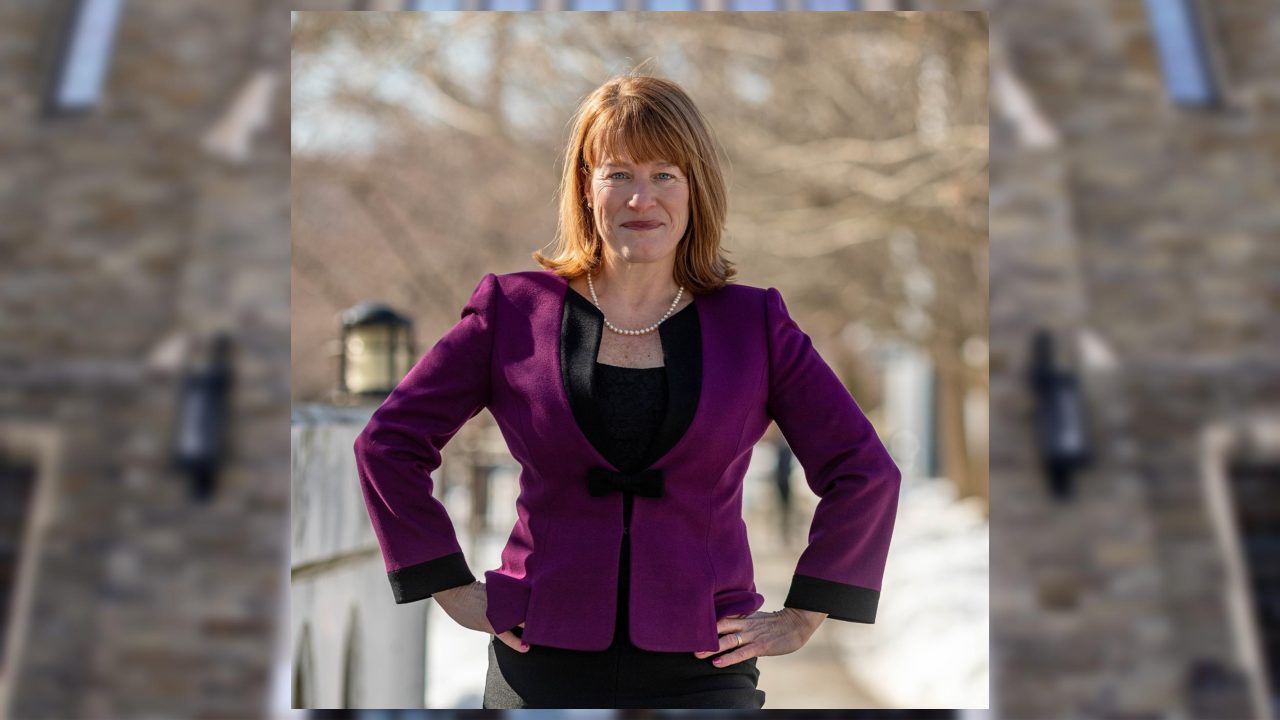News
Faculty Members Continue to Denounce Interim Expressive Activity Policy’s Ambiguity, Restrictiveness
|
Faculty members continued to criticize and question the University’s Interim Expressive Activity Policy during the Feb. 28 Faculty Forum meeting.









